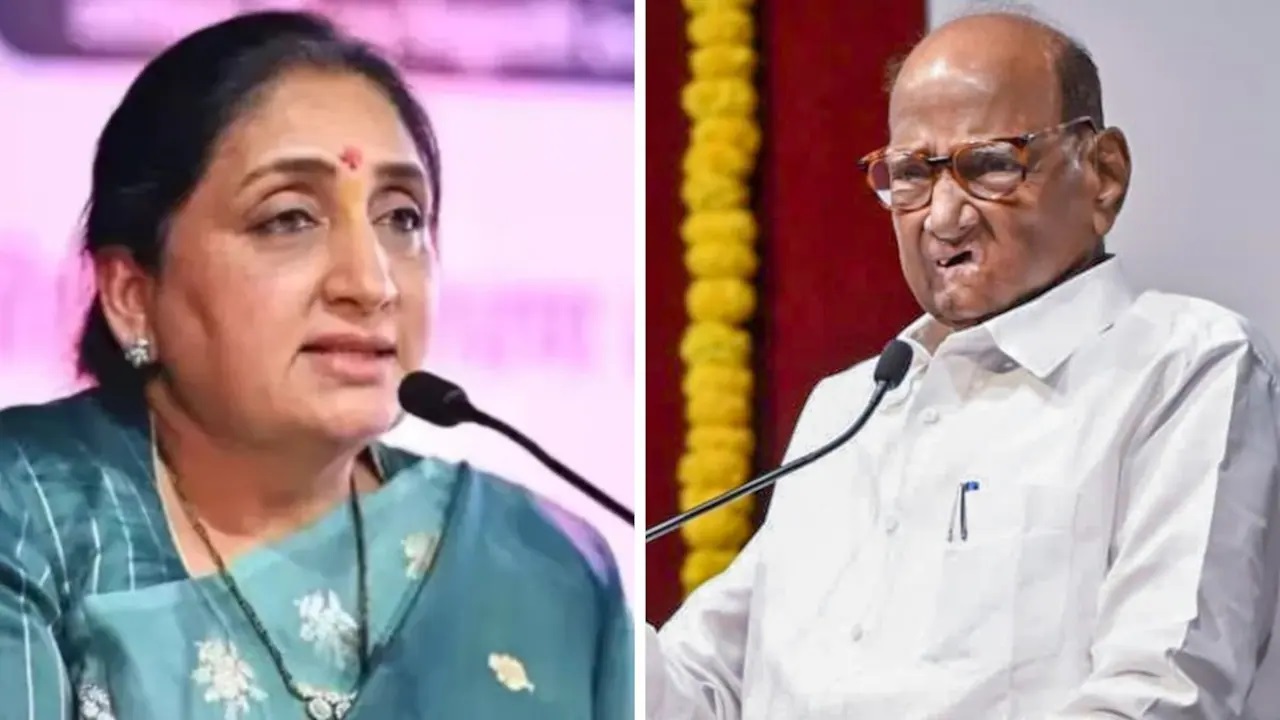The Biju Janata Dal (BJD) is taking a stand against the Narendra Modi-led National Democratic Alliance (NDA) government in the Rajya Sabha. After a significant defeat in recent elections, where the party failed to secure any Lok Sabha seats for the first time, the Rajya Sabha remains its only stronghold. A political analyst noted that BJD has paid a price for its past friendliness with the BJP. Now, to avoid aggressive actions from the Centre or state government, it must play its cards well in the Rajya Sabha.
Past Alliances and Consequences
For the past decade, BJD had supported the NDA government on various contentious issues. This alliance led to the Congress often dubbing BJP and BJD as two sides of the same coin. By aligning with the BJP, BJD not only lost its main issue of central neglect but also compromised its identity as a regional party. This alignment turned “Odia Asmita” into a major poll issue, benefitting the BJP. If BJD had consistently opposed the BJP, it might not have faced its current precarious situation.
Significance of BJD in the Upper House
The BJD’s role has become crucial since the BJP’s strength in the Rajya Sabha has dropped to 86. This follows the completion of tenures by four nominated members who had aligned with the NDA. Currently, the NDA holds 101 members, falling short of the 113-majority mark in the Rajya Sabha. Despite being able to pass bills with the support of seven non-aligned members, one independent member, and friendly parties like AIADMK and YSRCP, all eyes are on BJD’s next move. The party has declared it will stop lending “issue-based support” and be a “strong and vibrant” Opposition in Parliament.
Vacancies and Upcoming Elections
The Rajya Sabha currently has 19 vacancies, with elections expected later this year for 11 seats. These include seats in Maharashtra, Assam, Bihar, Haryana, Rajasthan, Madhya Pradesh, Telangana, and Tripura, as well as four seats from Jammu and Kashmir. In such a scenario, BJD’s ‘no-support’ policy to the NDA, where it still has nine MPs, seems well-timed to pressure the BJP in the Upper House.
Historical Support to BJP
In its previous terms, the BJP often bypassed the Rajya Sabha by pushing financial legislation as money bills, which the Upper House cannot reject. This allowed the BJP to enact laws without a strong majority in the Rajya Sabha. However, the current situation is different. The BJP does not have an absolute majority even in the Lok Sabha and must rely on its allies, facing a much stronger Opposition. This makes the Rajya Sabha’s support even more critical.
Key Legislation Supported by BJD
Jammu and Kashmir Reorganisation Bill, 2019: BJD supported this bill in the Rajya Sabha, which was passed with 125 votes in favor and 61 against.
UAPA Amendment Bill, 2019: This bill sought to amend the Unlawful Activities (Prevention) Act. With BJD’s support, it passed with 147 votes in favor and 42 against.
Right to Information (Amendment) Bill, 2019: The amendment, which allowed the government to change the term and salaries of Information Commissioners, passed with support from BJD and other parties, with 117 votes in favor and 75 against.
Triple Talaq Bill, 2019: BJD’s support helped pass this bill, making instant triple talaq a criminal offense, with 99 votes in favor and 84 against.
Having learned from past experiences, BJD must carefully navigate its future strategies. It aims to avoid being perceived as a secondary player to the BJP in Delhi while protecting its interests in Odisha. This balanced approach could help the party maintain its regional identity and political relevance.
(With inputs from agencies)








